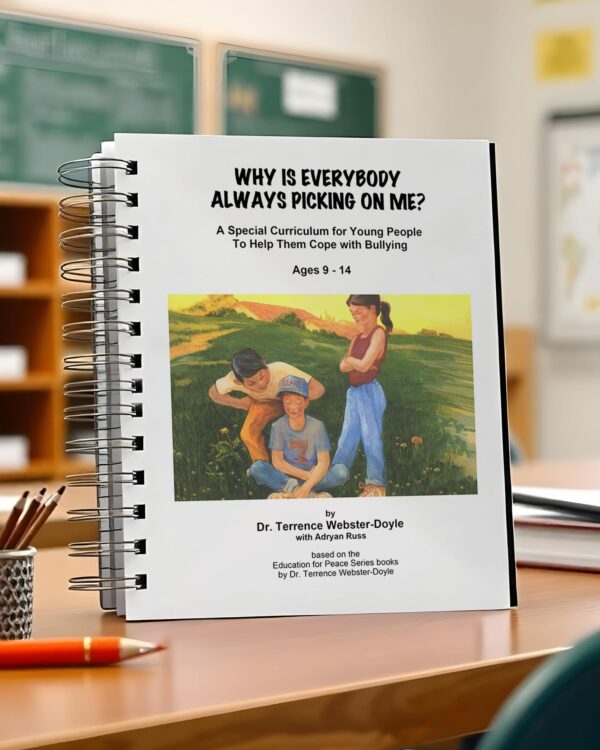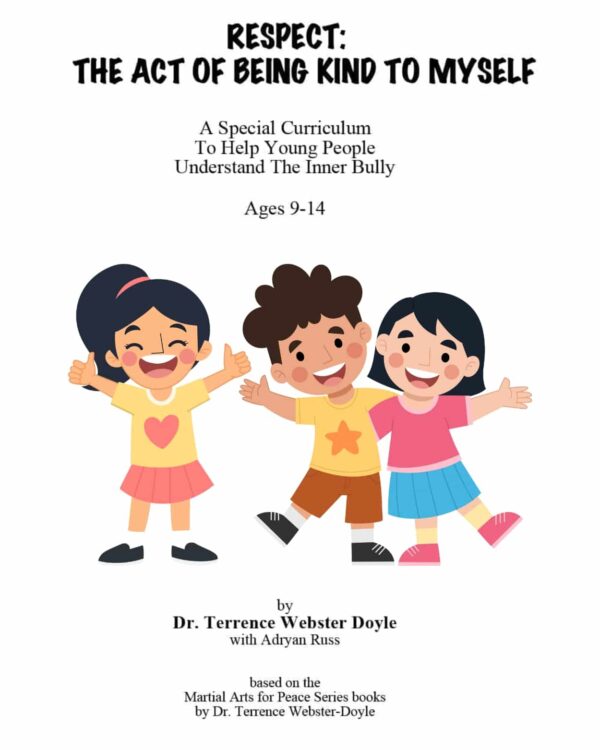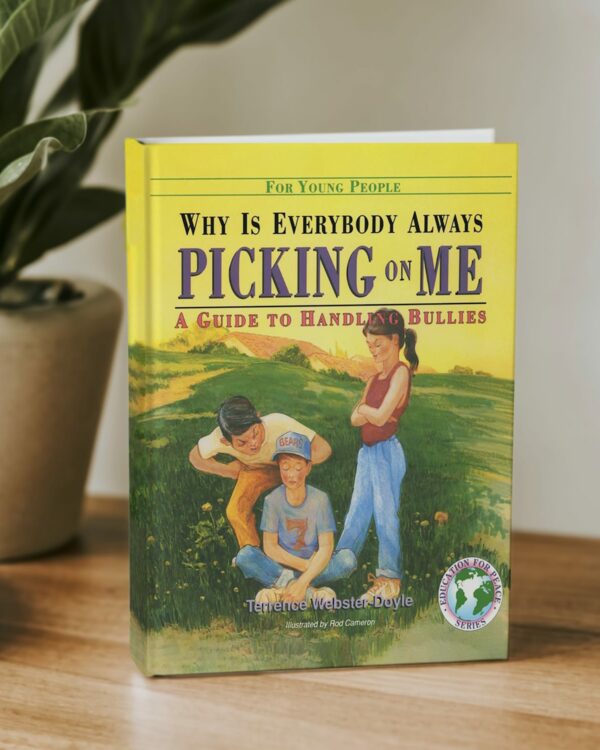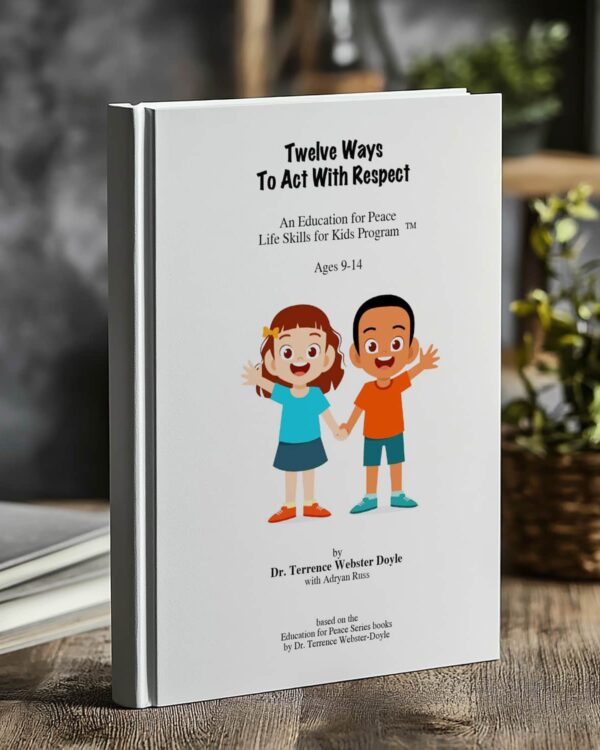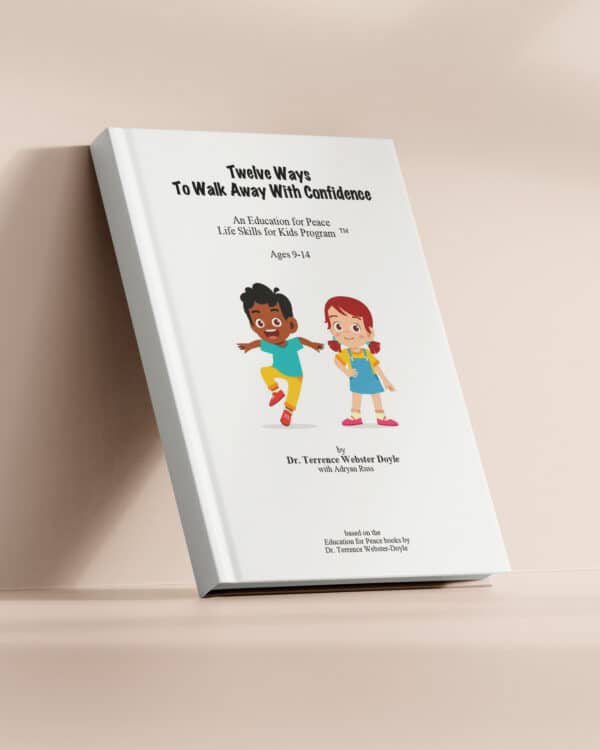The Pros and Cons of Role Models: What Parents & Kids Need to Know

We all have role models: heroes, people we admire, and individuals we look to for guidance. These people often play an important role in our lives by showing us qualities we admire and achievements we want to reach. Understanding the pros and cons of role models can help us see both their benefits and their challenges.
Our role model’s influence can push us to dream bigger and improve ourselves. But this admiration can also cause problems and it’s not talked about very much.
If we focus too much on their success and how perfect they seem, we might start to feel like we’re not good enough. Comparing ourselves to them can lead to negative thoughts, impossible expectations, and even self-bullying that hurts our confidence.
It’s important to understand how role models affect us. Finding a balance between looking up to them and accepting ourselves is the key to making sure they inspire us without holding us back.
This article is based on our curriculum Why Is Everybody Always Picking on Me? which is designed to help kids and teens navigate bullying, build self-confidence, and develop healthier relationships.

Understanding the Pros and Cons of Role Models
A role model can be anyone who has qualities or achievements that we look up to.
For some, it might be a famous athlete, artist, or actor. For others, it could be a teacher, parent, or online creator. Role models show us what’s possible and help us imagine how we might reach our goals.
However, the way we perceive role models isn’t always positive. While they can push us to grow and improve, they can also set unrealistic expectations. When admiration turns into constant comparison, it can harm our self-esteem and leave us feeling like we’re not good enough.
The Pros of Role Models
Role models can be incredibly beneficial when approached with a healthy mindset.
They inspire us to set goals and work toward self-improvement. Watching someone accomplish great things can spark our ambitions and remind us what’s possible. For instance, a student inspired by a successful scientist might work harder in school, pursue a STEM career, and aim to contribute to innovative research.
Role models also help us learn meaningful values. They can show us how to persevere through challenges, treat others with kindness, or bounce back after setbacks. By observing these behaviors, we’re encouraged to build similar habits and strengthen our own character.
Another benefit of role models is the sense of direction they offer. They can guide us when we’re unsure about the future and give us a clearer vision of what’s ahead. For example, someone who looks up to a professional athlete might adopt their discipline and work ethic, and apply those lessons to their own goals.
The Cons of Role Models
While role models offer many benefits, they can also have some downsides.
One significant challenge is the tendency to compare ourselves to them. When we focus on someone else’s successes, it’s easy to overlook our own progress and dwell on what we think we’re missing. This kind of comparison can lead to feelings of inadequacy, frustration, or even self-bullying.
For instance, a student who idolizes a celebrity might feel pressured to achieve unrealistic standards of appearance or success. These constant comparisons can drain their energy and make it harder to appreciate their own unique strengths.
Role models can also create unrealistic expectations, especially in the age of social media. Influencers often show only the highlights and make their achievements look effortless and their life seem perfect. This distorted view can lead to self-doubt and unhealthy goals that don’t reflect reality.
Another drawback is the potential loss of individuality. When we focus too much on copying someone else, we might overlook our own talents and personality. The time spent trying to be like someone else could be better used exploring what makes us unique and building on those strengths.

Are Role Models Like Bullies?
It might seem strange to compare role models to bullies, but there are some similarities worth exploring.
Bullies often create pressure by using their power or influence to make others feel small or inadequate. Similarly, the way we view role models can sometimes make us feel like we’re falling short. While role models don’t intend to cause harm, the pressure we put on ourselves to measure up can be just as damaging if we’re not careful.
Trying to match someone else’s appearance, achievements, or lifestyle can lead to self-bullying. You might catch yourself thinking you’re not thin enough, strong enough, talented enough, or successful enough compared to your role model.
This constant self-criticism can erode your confidence and self-esteem, leaving you feeling drained and discouraged.
Breaking Free from Harmful Comparisons
The key to a healthy relationship with role models is seeing them as sources of inspiration rather than as benchmarks for your own value.
Focus on the qualities you admire in them and use those as motivation, but remember that your journey is uniquely your own. Instead of trying to replicate their achievements, let their stories encourage you to pursue your own goals in your own way.
It’s also important to practice self-compassion. Remind yourself that no one, not even your role models, is perfect. They face challenges and flaws even if those struggles aren’t always obvious.
Take time to appreciate who you are and recognize the progress you’ve made, no matter how small. Every step forward counts and celebrating those moments builds the confidence to keep growing.
Why Healthy Relationships with Role Models is Essential
Role models have the power to influence our lives in meaningful ways, but their impact should lift us up, not hold us back. Recognizing the pros and cons of role models helps us approach them with a healthier perspective.
When we view them with a balanced mindset, we can find inspiration in their successes while remaining true to who we are. This approach helps us embrace our individuality, build confidence, and steer clear of negative self-comparisons.
It’s also important to help young people think critically about the pros and cons of their role models and how these figures affect their sense of self. By promoting awareness, we can guide them toward healthier relationships with their heroes and, more importantly, with themselves.
This article draws from our curriculum Why Is Everybody Always Picking on Me? which helps kids and teens handle bullying, boost their confidence, and build stronger, healthier relationships.
